
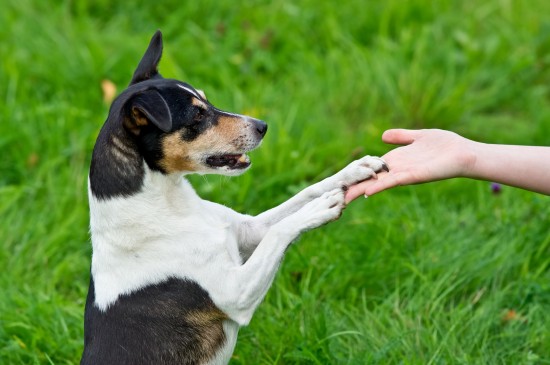
Most dog owners desire to have an obedient, responsive dog, and sometimes it is the owners of the worst-trained dogs that lament their dog’s training the most! Even with the best of intentions, training can sometimes be a challenge, particularly for inexperienced handlers or if you are following all of the correct steps, but seem to be coming up against a brick wall.
Like anything else in life that is worth having, good training and obedience do not just happen on their own, and you have to work at these things on an ongoing basis. This is particularly important when your dog is young or when you are trying to teach them a new skill, but it is also a lifelong process that never really ends.
There are lots of articles and guides out there on the internet covering the steps and techniques that are commonly considered as appropriate dog training, and which method you choose to follow is up to you. In this article, we will offer some general umbrella tips and tricks that will help to ensure that your dog is obedient, responsive and well trained. Read on to learn more.
Dogs begin to actively learn about the world and develop their understanding of its boundaries when they are very young, from around three weeks of age onwards. Bad habits that they will retain in later life, such as jumping up, barking or chewing on things can all become well established in the mind of the dog very early on, when they have a very small frame of reference to go by due to their closeness to their dam and littermates.
This is why it is important to begin exposing your young dog to the outside world as soon as they have had their first vaccinations and your vet says that it is ok. The outside world will teach your dog about positive and negative feedback responses in a wide range of situations that they simply cannot experience within your home or garden.
Take every opportunity to take your young dog out of their familiar environment and expose them to new experiences, such as walking on the lead, playing off the lead, getting used to traffic, passing other people and dogs, and meeting and interacting with other people and dogs. Try to vary the routes that you walk and the people that you meet along the way, to ensure that your dog gets the best possible range of early socialisation experiences.
Even if you are a competent dog trainer and handler and feel confident in being able to train your own dog, it is still a great idea to invest in a course of obedience training group classes. This not only helps by allowing you an extra insight and access to an advisor about where things are going wrong or right with your own dog, but it can also aid with socialisation and help to build the bond between you and your own dog. Obedience group classes an puppy socialisation parties both allow your dog to experience a new situation, and provides the added challenge of keeping your dog thinking and alert and obedient within a situation where there is a lot of outside stimulus present too.
One aspect of training and canine obedience that is often overlooked is the need for planning and preparation, rather than making things up on the fly.
Before you even bring your dog or puppy home, you should find out what sort of boundaries and restrictions they are used to and responsive to, and what boundaries and rules you intend to put into place within your own home. This means deciding if your dog is allowed on the bed or sofa before they even try to jump up there, what the rules are on greeting visitors, and where and what your dog is allowed to play with inside the home. Start as you mean to go on, and do not blur the boundaries as your dog settles in.
Consistency in all things is the key to raising an obedient, well adjusted dog, and without consistency, your best endeavours are doomed to failure! Even when your dog is inconsistent or acts out of character by misbehaving, ensure that you keep your responses level and predictable- do not ignore bad behaviour one day, and fly off the handle another time.
Consistency includes monitoring how your dog behaves with other people and in other places than your own home; for instance, if you are visiting a friend who says that they do not mind if your dog gets onto the sofa, but your dog is barred from the sofa in your own home, keep them down.
Do not let your dog jump up at people, even if they encourage them, and politely explain the rules you place on your dog to other people and ask them to respect them.
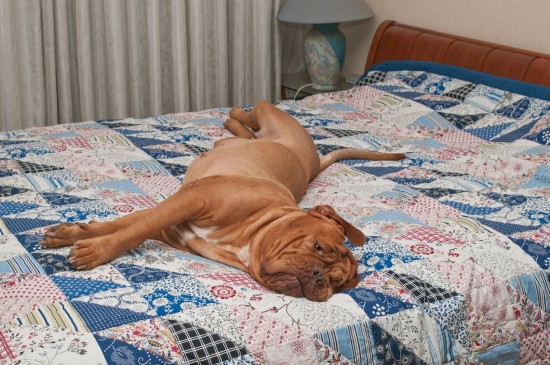 Dealing With A Dog That Goes To The Toilet In The Bed
Dealing With A Do
Dealing With A Dog That Goes To The Toilet In The Bed
Dealing With A Do
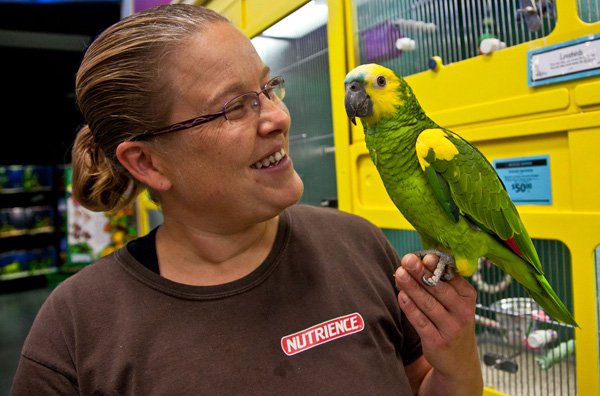 Choose Best Automatic Pet Feeders Interms Of Design, Setup, Cleaning
Choose Best Automatic Pet Feeders Interms Of Design, Setup,
Choose Best Automatic Pet Feeders Interms Of Design, Setup, Cleaning
Choose Best Automatic Pet Feeders Interms Of Design, Setup,
 Animals In The Headlines
Animals In The He
Animals In The Headlines
Animals In The He
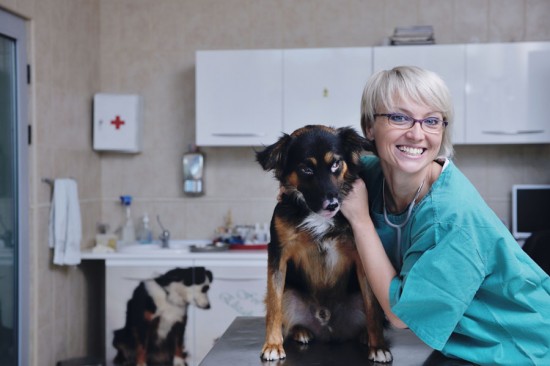 Choose A New Veterinary Practice In Five Easy Steps
Choose A New Vete
Choose A New Veterinary Practice In Five Easy Steps
Choose A New Vete
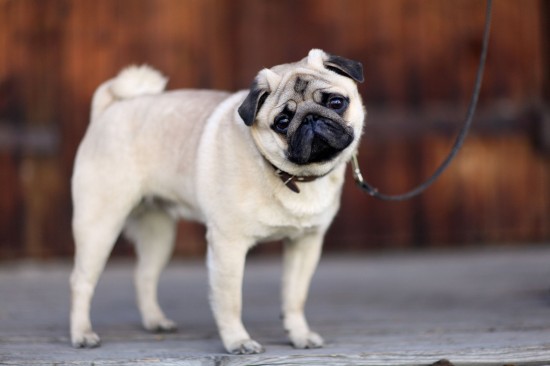 Petechiae In Dogs, And What This Indicates
Petechiae In Dogs
Petechiae In Dogs, And What This Indicates
Petechiae In Dogs
Copyright © 2005-2016 Pet Information All Rights Reserved
Contact us: www162date@outlook.com